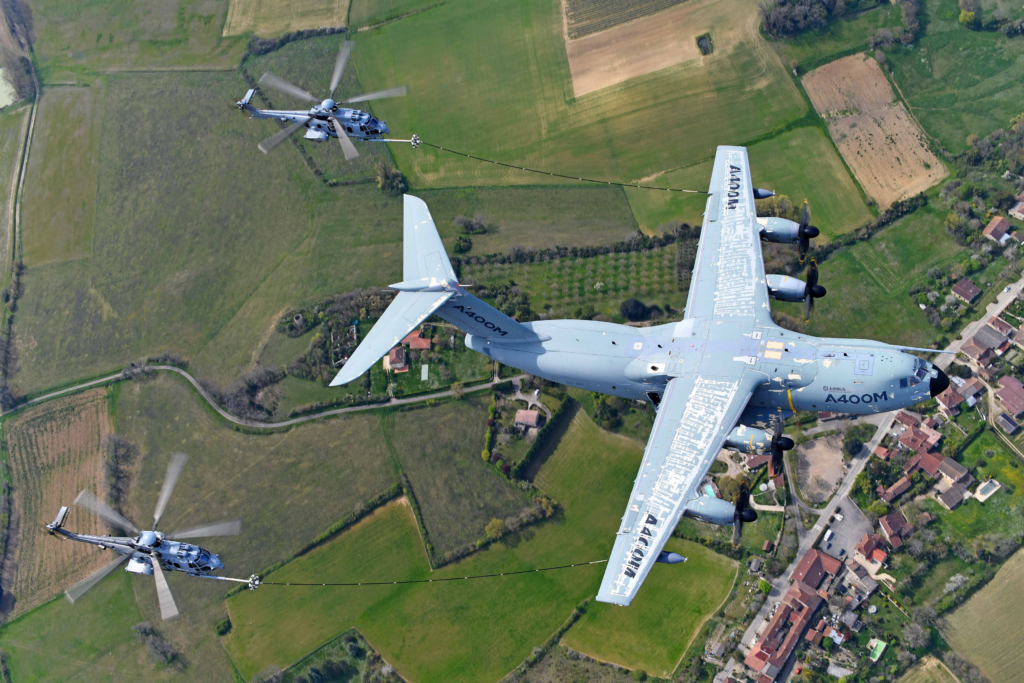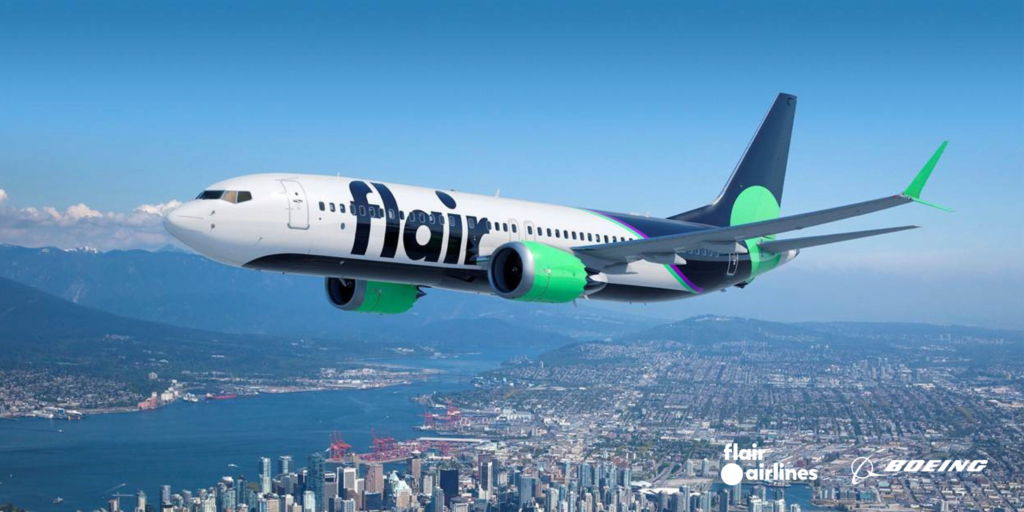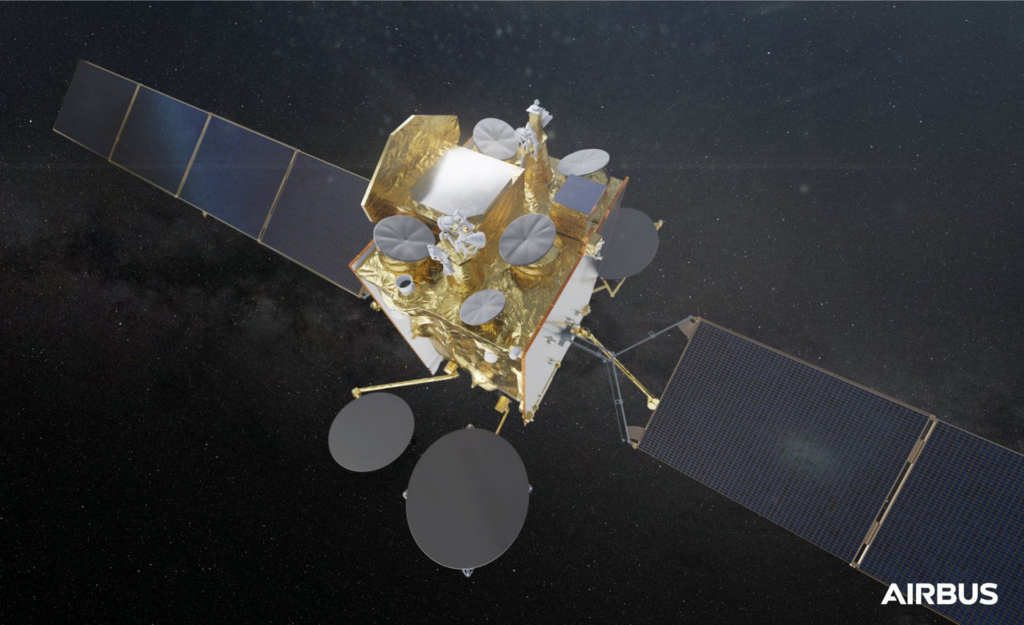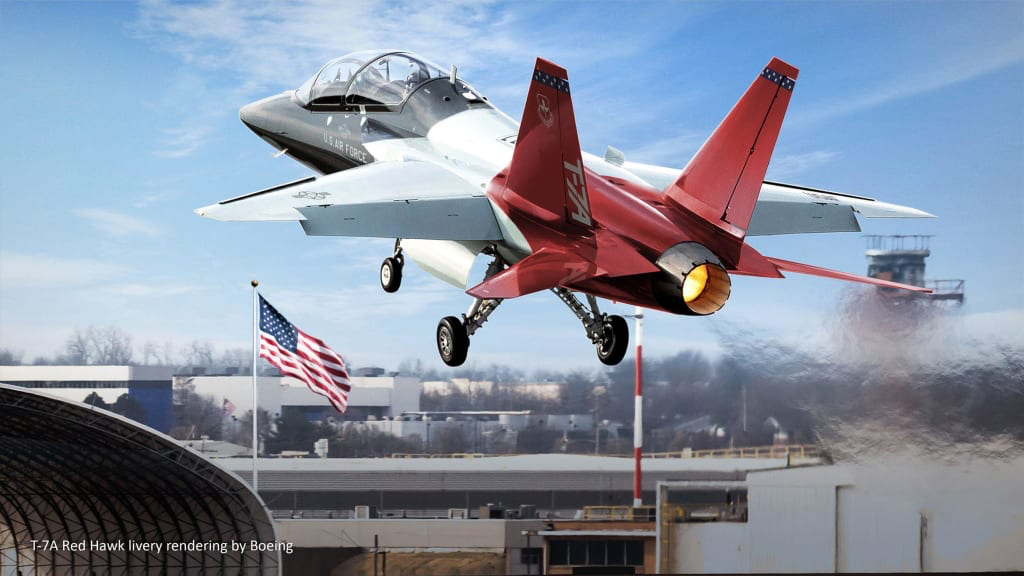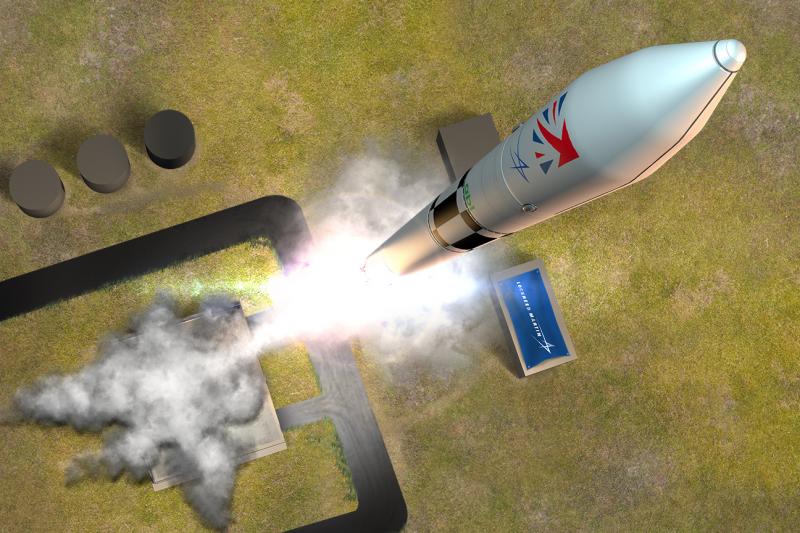Airbus A400M Conducts Major Helicopter Refueling Certification Program
Getafe 19 April 2021 – The Airbus A400M new generation airlifter has successfully conducted a major helicopter air-to-air refueling certification campaign, completing the majority of its development and certification objectives. Airbus Defence and Space aims to…
